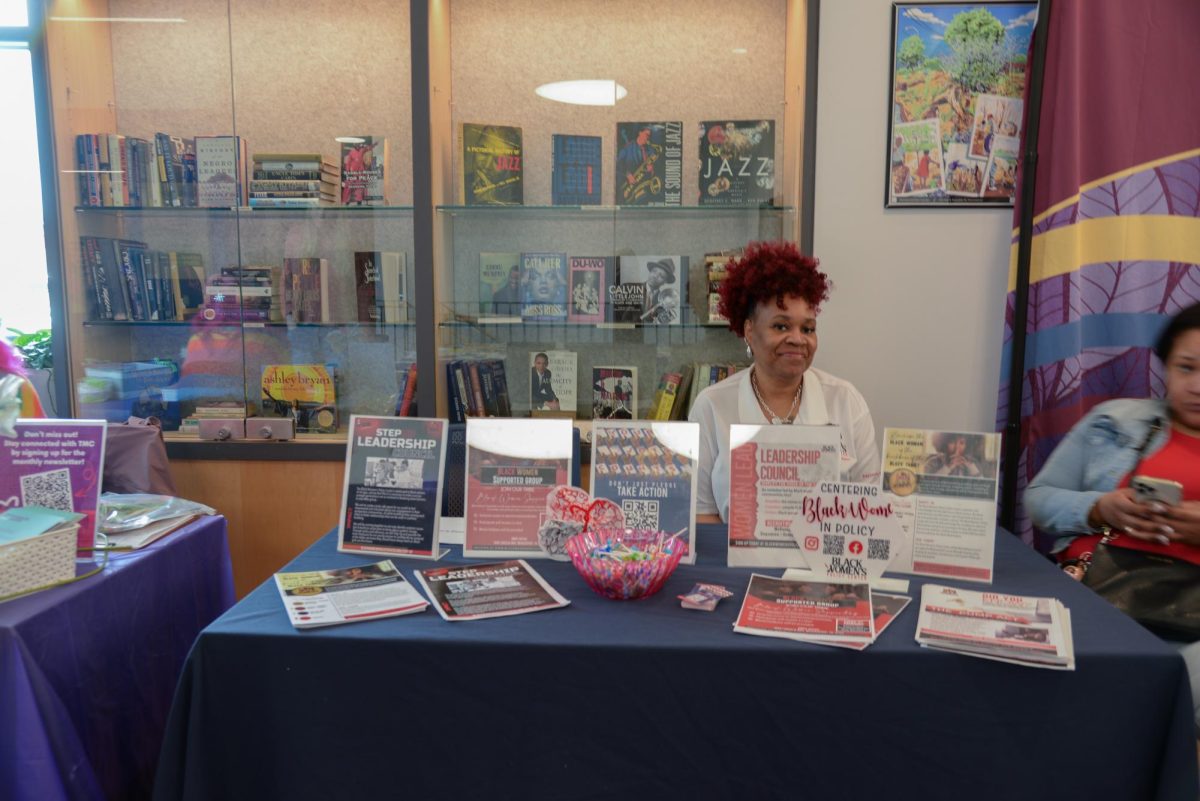Public transit crisis not solved yet
November 19, 2004
With the State Senate and House session coming to a close, Republicans rejected a plan to aid… With the State Senate and House session coming to a close, Republicans rejected a plan to aid Pennsylvania’s faltering public transit systems as they examine the state budget for money to hold over Port Authority and other transit systems until next year.
Governor Ed Rendell and State Rep. Dwight Evans, D-Philadelphia, announced a proposal Tuesday to raise taxes on tire purchases, car rentals and copies of state records, generating $110 million statewide for regional transit systems. Most of the new funds would go to Philadelphia’s Southeastern Pennsylvania Transit Authority and Pittsburgh’s Port Authority. Both systems are dealing with serious budget deficits for the 2005 fiscal year.
“The governor approved Evans’ plan, but wants to discuss the issue with the Republican caucuses,” said Kate Phillips, from the governor’s press office. She added that the governor is still waiting for a counter plan from the Republicans.
“We’ll be happy to look at an alternative, but a solution needs to be developed,” Phillips said.
Several Republicans in the State Senate and House of Representatives immediately expressed their disapproval of the plan.
Steve Miskin, a spokesman for the House Republican caucus, said that a “supplemental allocation for mass transit” was in the works, but there were no details yet on where the money would come from.
“Rendell’s plan is not political reality,” Miskin said. “We’re trying to work with the governor, but he is asking us to vote immediately. You can’t do that with just a few days left in the session.”
Miskin said the Republicans were prepared to consider providing dedicated funding for transit systems in June, but Rendell asked them to wait until an audit of SEPTA and Port Authority had been performed. There is no word yet if it is complete.
Several transit activists suggested raising the 26 cent-per-gallon gasoline tax and lifting the $75 million cap on sales tax revenue that is diverted to public transit. Neither Democrats nor Republicans consider that plan feasible.
The fact that both ends of the political spectrum are seeking a temporary fix does not come as welcome news to Pittsburgh transit supporters and riders.
“We need a stream of funding that is predictable and growing,” said Bob Grove, spokesman for the Port Authority.
Grappling with a $30 million debt, Port Authority has threatened to cut all evening service after 9 p.m. and all weekend service, in addition to raising the base fare for bus rides. Grove said the Port Authority was able to patch its deficit for the last fiscal year, and they would accept help in patching this year’s larger deficit.
A group of public transportation advocates sent a letter to Rendell yesterday, thanking him for his support in identifying stopgap resources for transit systems, as presented by Evans, while asking him to secure reliable and permanent sources of funding.
Several Pittsburgh organizations supporting public transit have been lobbying the government to pass Senate Bill 1162 and House Bill 2697, which they claim would provide the needed permanent funding source.
“Whatever the solution is, it has to be long-term,” Grove said.


